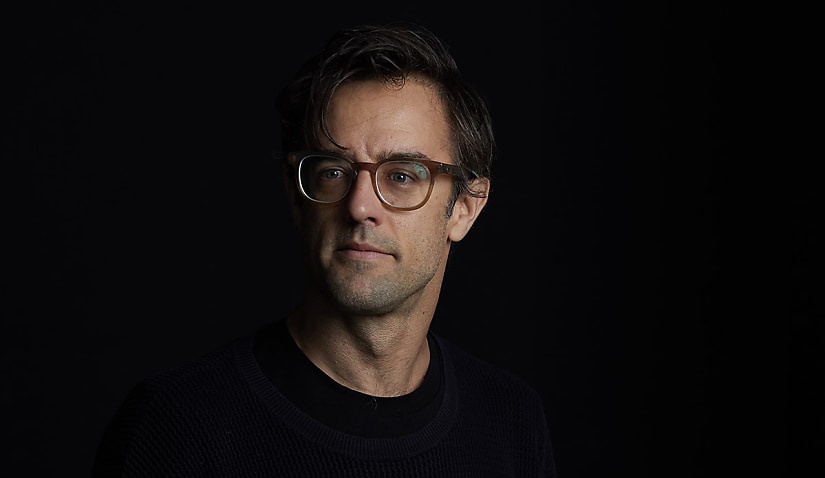How can you become a music lawyer?
In the dynamic landscape of Australia’s legal sphere, the intersection of law and music offers a unique and often elusive opportunity to young lawyers. Here, a senior practitioner provides tips for aspiring legal professionals who want to enter this specialised field.

Speaking on a recent episode of The Lawyers Weekly Show, Julian Hewitt, the managing partner of Media Arts Lawyers and the legal representative of several prominent Australian artists, such as Flume and RUFUS DU SOL, shed light on the intricacies of pursuing a career in the legal side of the music industry within Australia and offered guidance to aspiring lawyers aiming to enter this vibrant and ever-evolving field.
Hewitt explained that Australia’s legal and music industry is relatively small compared to other countries, making it difficult to break into.
“It’s hard in Australia because we’re not a big market, and there’s our firm, [which is,] I guess, the biggest firm by a fair distance, and there are some other firms that are smaller.
“There are not a lot of roles for grads or young lawyers necessarily in private practice, and what we find is that there are not many other jobs in the music business in Australia,” he said.
He shared the advice he offers to individuals seeking to enter the industry, emphasising the significance of acquiring industry-specific skills and knowledge.
“What I generally say to people who are inquiring about potentially having a job or how I do it or how I get a foothold in my general comments. Music has a lot of its own peccadilloes and its own industry-specific things that you can’t learn outside of the business.
“You can certainly read books, and you can certainly do your homework and so on, but ultimately, you have to be in it to learn those things at a high-ish level or a useful level,” he said.
While recognising the importance of industry-specific knowledge, Hewitt underscored the importance of acquiring fundamental legal skills, as they form the foundation for a prosperous legal career in the music industry.
“The things that you can learn elsewhere are skills in negotiation, how to draft contracts, and how to deal with clients,” he said.
“Learning the bread and butter of litigation, disputes, understanding trademarks, understanding reputation.
“There are lots of places where you can learn those skills, and they’re the things that we would usually expect someone that we were going to employ.”
Hewitt expressed that young lawyers are not necessarily expected to understand music law comprehensively. However, he highlighted the importance of acquiring fundamental legal skills.
“We understand that we have to teach people the music stuff because we’re in the provinces in a global sense. We’re in Australia, and there’s no other.
“It’s not like there’s a pool of people that we can hire. We understand we have to train people for that stuff. We usually will only want to hire people who have the other skills so that we’re really going right. You’ve got a great foundation of skills,” he said.
Hewitt stressed the importance of demonstrating genuine interest and active engagement in the music business for aspiring music lawyers.
“The other part of it is that we generally want to hire people that have shown a real level of interest and engagement with the music business already because it’s understandable that people will say, ‘oh, I love music, I would love to work in music,’ but everyone loves music. I mean, there are very few people who hate music,” he said.
He also highlighted that simply having a love for music is common, and what distinguishes candidates is their proactive involvement in the industry.
“It’s more probably about another step of going. I show that interest because I’m volunteering at my uni or working at my uni booking bands, and I did that all through my university years. Now I work with these things, or I’ve spent some time in my spare time managing some artists and learning from the ground up doing those things.
“We generally look for a level of engagement because, again, in an industry-focused practice like ours, you really do need to have. Again, we don’t expect someone to come in with a full suite of those things, but as you go, you need to be able to build relations with people in the industry and understand all the different ways that the industry works. And it’s quite specific,” Hewitt said.





